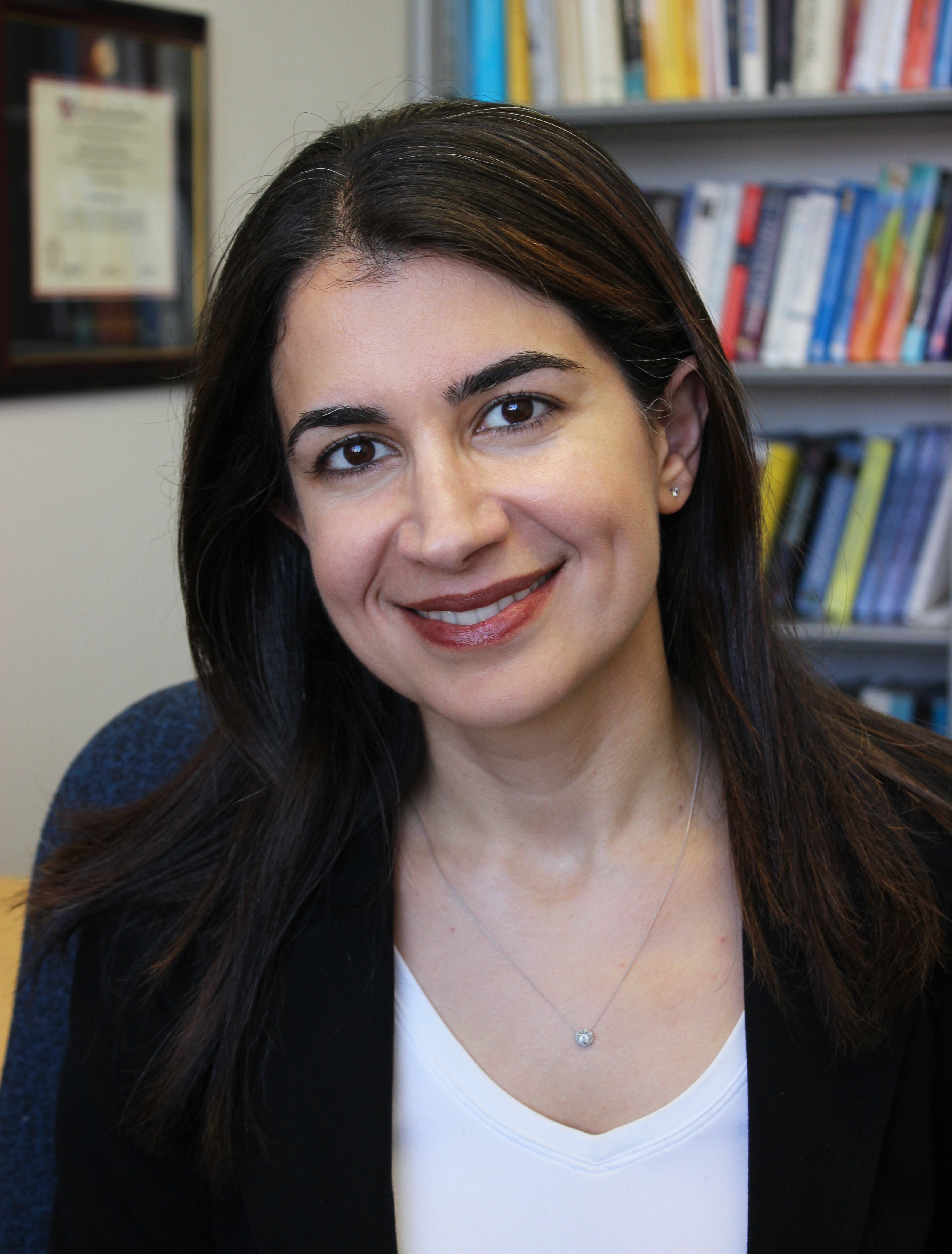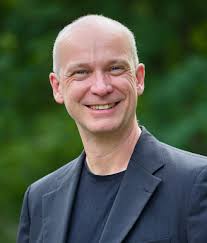MobiArch 2024
Workshop on Mobility in the Evolving Internet Architecture to be held in conjunction with MobiCom 2024
Washington, D.C., USA, 18th Nov, 2024
Technical Program
Monday, Nov 18, 2024
7:30 - 8:30 : Workshop Registration
8:50 - 9:00 : Welcome Notes
9:00 - 10:00, Keynote 1: Pushing the Frontiers of Next-Generation Communication Systems -- RF Sensing and Robot-Assisted Connectivity"
10:00 - 10:30 : Coffee Break
10:30 - 12:10 : Technical Session 1: Efficient Computing and Adaptive Networking: Federated Learning, 6G Orchestration, and WiFi Sensing Applications
Session Chair: Kai Li (CISTER, Portugal)
10:30 - 10:50 : Zilin Song, Zhengze Li, Tingting Yuan, and Xiaoming Fu, "Resource-efficient Federated Learning for Large-scale Model Training"
10:50 - 11:10 : Yi Wen, Sai Zou, Yanglong Sun, and Hongfeng Gao, "NDRA: Adaptive network function chain orchestration strategy for 6G inclusive intelligent services"
11:10 - 11:30 : Huan Yang, Deyu Zhang, Yudong Zhao, Yuanchun Li, and Yunxin Liu, "A first look at efficient and secure on-device LLM inference against KV leakage"
11:30 - 11:50 : Prashiddha D. Thapa, Arne Kappen, and Julius Schulz-Zander, "Towards Infrastructure-assisted WiFi Rate Adaptation for Converged Networks with Morpheus"
11:50 - 12:10 : Zann Koh, Benny Kai Kiat Ng, Sam Conrad Joyce, Belinda Yuen, and Chau Yuen, "Understanding Park Visitors' Mobility via Passive Wi-Fi Sensing and Data Mining"
12:10 - 14:00 : Lunch Break
14:00 - 15:00 : Keynote 2: "Resilient Edge Computing for 6G Edge-AI"
|
Prof. Falko Dressler |
Abstract: As we move from 5G to 6G, edge computing is one of the concepts that needs revisiting. Its core idea is still intriguing: Instead of sending all data and tasks from an end user's device to the cloud, edge servers deployed in close proximity to the user serve as proxy for the cloud. This is particularly interesting for upcoming machine learning (ML)-based intelligent services, which require substantial computational and networking performance for continuous model training. At the same time, disruptions and major outages of our communication infrastructure pose a very realistic thread to our mission-critical infrastructure and may also severely impact our daily life. Lessons learned from previous natural disasters helped identifying problems but also solution spaces. In this talk, we discuss a way forward, namely the virtual edge computing (V-Edge) concept. V-Edge helps bridging the gap between cloud, edge, and fog by virtualizing all available resources including the end users' devices and making these resources widely available. Thus, V-Edge acts as an enabler for novel microservices as well as cooperative computing solutions in next-generation networks. We introduce the general V-Edge architecture, and we characterize some of the key research challenges to overcome, to enable wide-spread and intelligent edge services. This is further supported by concepts of turning mobile systems such as cars and trucks of first responders into mobile base stations to provide network coverage even when infrastructure such as the energy grid or the 5G base stations are down.
|
Bio: Falko Dressler is full professor and Chair for Telecommunication Networks at the School of Electrical Engineering and Computer Science, TU Berlin. He received his M.Sc. and Ph.D. degrees from the Dept. of Computer Science, University of Erlangen in 1998 and 2003, respectively. Dr. Dressler has been associate editor-in-chief for IEEE Trans. on Network Science and Engineering, IEEE Trans. on Mobile Computing and Elsevier Computer Communications as well as an editor for journals such as IEEE/ACM Trans. on Networking, Elsevier Ad Hoc Networks, and Elsevier Nano Communication Networks. He has been chairing conferences such as IEEE INFOCOM, ACM MobiSys, ACM MobiHoc, IEEE VNC, IEEE GLOBECOM. He authored the textbooks Self-Organization in Sensor and Actor Networks published by Wiley & Sons and Vehicular Networking published by Cambridge University Press. He has been an IEEE Distinguished Lecturer as well as an ACM Distinguished Speaker. Dr. Dressler is an IEEE Fellow as well as an ACM Distinguished Member. He is a member of the German National Academy of Science and Engineering (acatech). He has been serving on the IEEE COMSOC Conference Council and the ACM SIGMOBILE Executive Committee. His research objectives include adaptive wireless networking (sub-6GHz, mmWave, visible light, molecular communication) and wireless-based sensing with applications in ad hoc and sensor networks, the Internet of Things, and Cyber-Physical Systems. |
|
15:00 - 16:00 : Technical Session 2: AI-Enhanced Communication and Routing in Connected Vehicles
Session Chair: Harrison Kurunathan (CISTER, Portugal)
15:00 - 15:20 : Zijian Zheng, Wenqiang Yi, and Arumugam Nallanathan, "Semi-Supervised Multi-modal Sensor Fusion Framework for In-Vehicle Networks"
15:20 - 15:40 : Zuoyin Tang, Jianhua He, Dashuai Pei, Kezhong Liu, and Tao Gao, "Testing Large Language Models on Driving Theory Knowledge and Skills for Connected Autonomous Vehicles"
15:40 - 16:00 : Harrison Kurunathan, Ramiro Robles, Miguel Gutiérrez Gaitán, Indhumathi Ravichandran, and Eduardo Tovar, "Q-light: Q-learning enabled VLC network routing"

